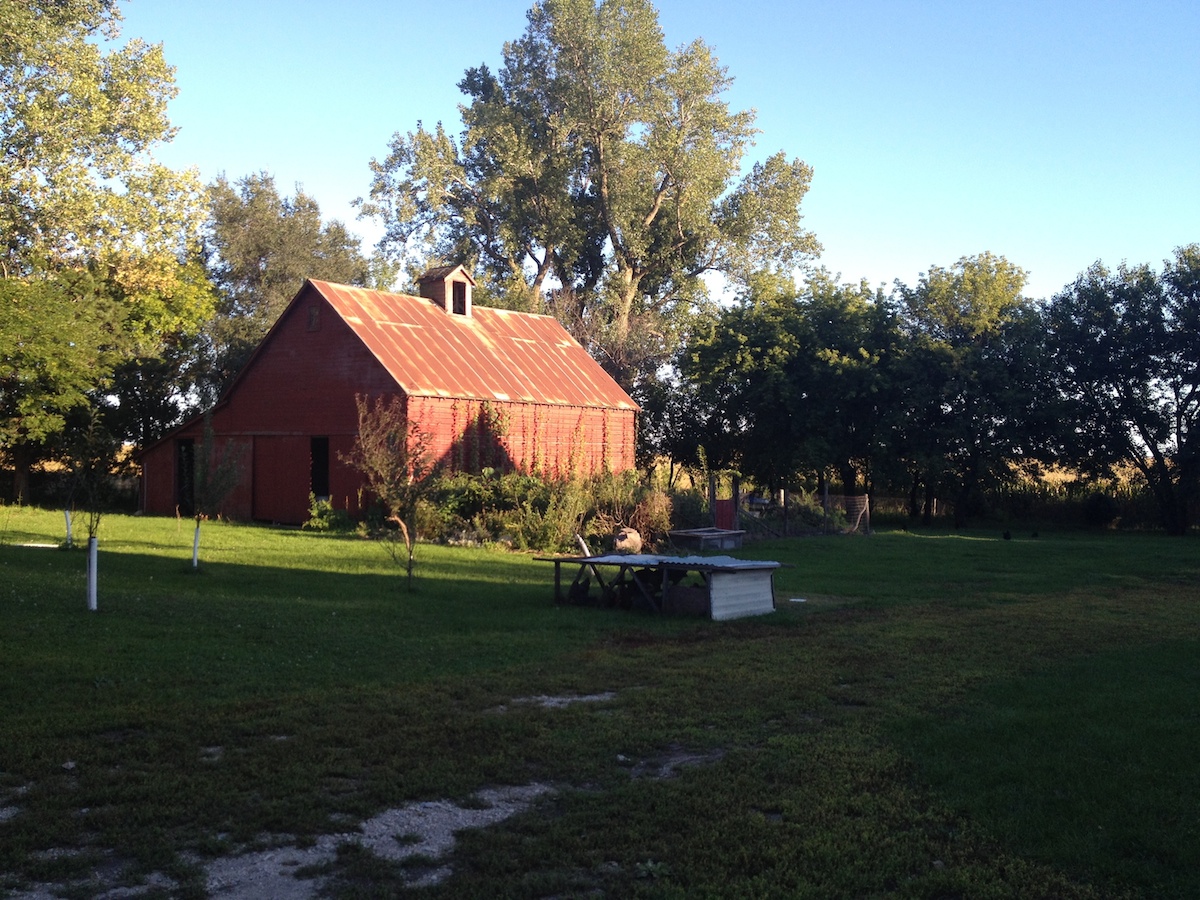I. The Impeded Stream
According to a study from LinkedIn, people who graduated between 2006 and 2008 worked for nearly three companies on average in their first five years after graduation. Those who graduated between 2001 and 2005 worked for an average of four companies in their first ten years after graduating. This fact has led Fast Company, a popular business and career magazine, to advise their readers to plan on switching jobs every three years for the rest of their professional life.
This attitude toward work and career isn’t limited to work and career, however.
Login to read more
Sign in or create a free account to access Subscriber-only content.
Topics:
